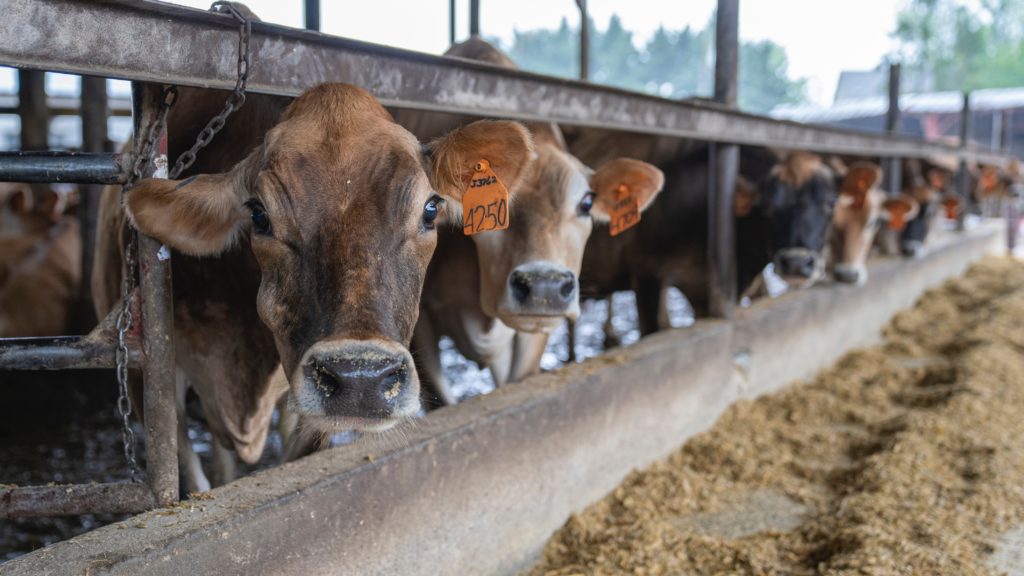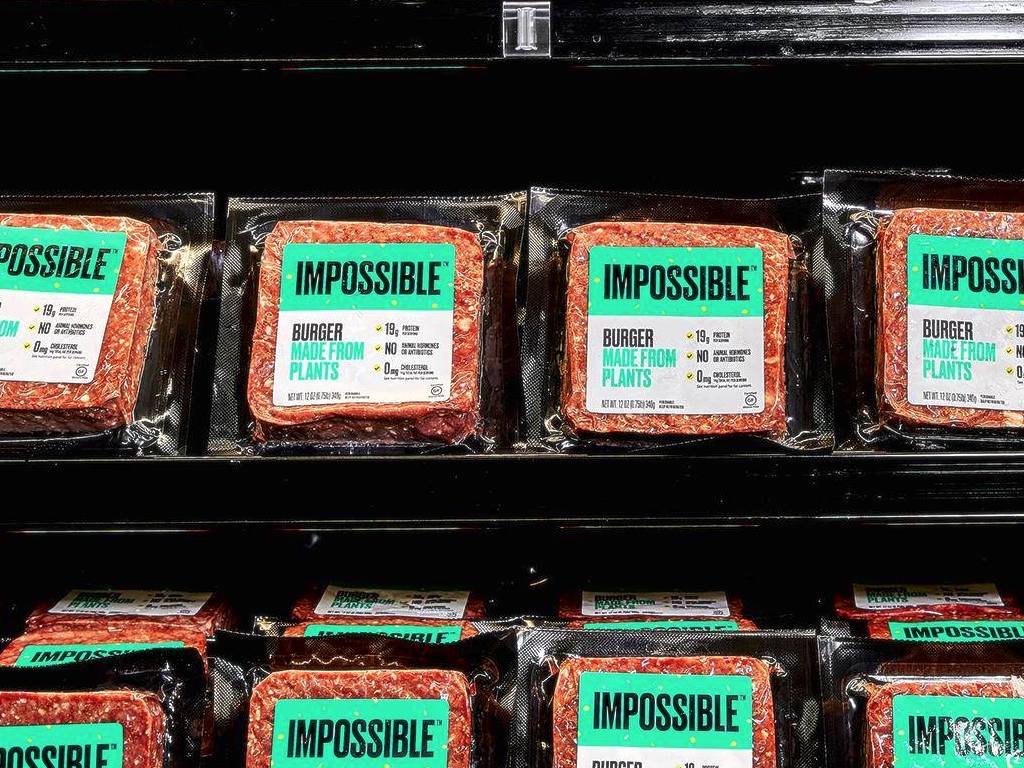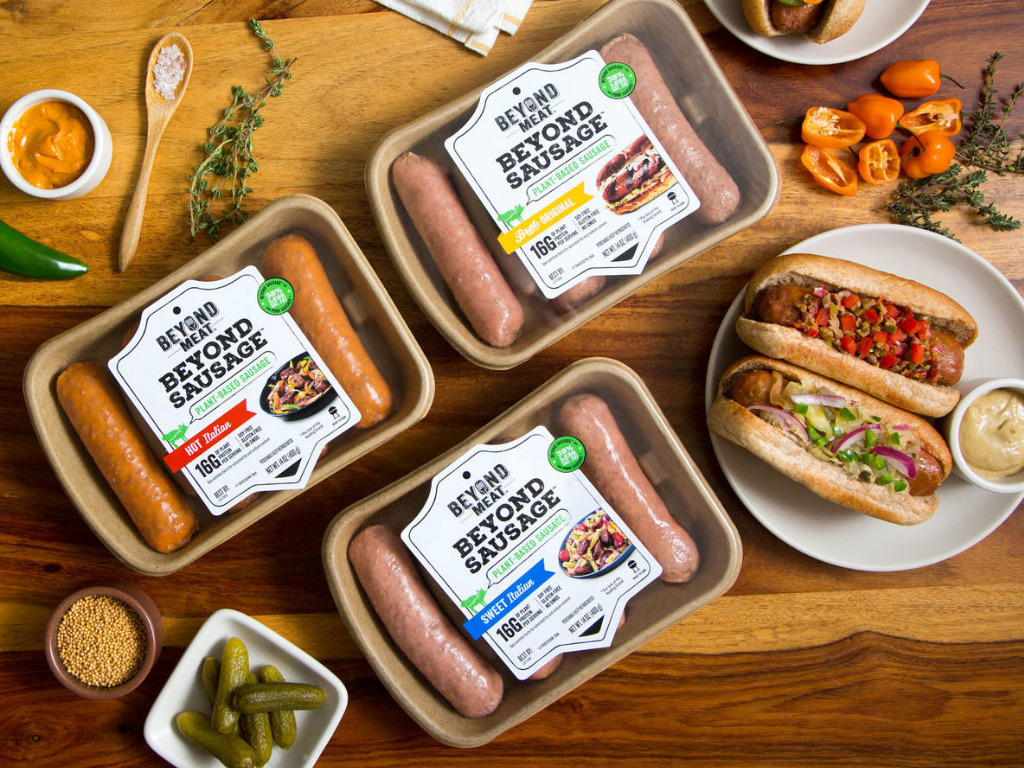Plant-Based Meat Is the Best Investment to Slow Climate Change, Report Finds
5 Mins Read
While experts continue to argue over whether or not plant-based meat is healthy, the science appears to be indisputable when it comes to its benefits in fighting climate change.
According to a new report from the Boston Consulting Group, a plant-based diet is the best investment for reducing the impact of climate change. Beef, for example, produces six to 30 times more emissions than the same amount of tofu, the report notes.
The findings
But the gains from a plant-based diet, particularly plant-based meat, aren’t just in a smaller environmental footprint than animal products. The report, entitled Food for Thought: The Untapped Climate Opportunity In Alternative Proteins, found that plant-forward diets yield bigger results than other sustainable technologies aimed at addressing climate change—some of which are receiving more funding than plant-based foods despite lower yields.
When compared to green cement, plant-based alternatives reduced greenhouse gas emissions by three times. Compared to green buildings, it’s seven times, and when it comes to emissions-free cars, like the ever-present Tesla—the number jumps to 11 times the reduction in emissions.
“There’s been a lot of investments into electric vehicles, wind turbines and solar panels, which is all great and helpful to reduce emissions, but we have not seen comparable investment yet [in alternative proteins], even though it’s rising rapidly,” Malte Clausen, a partner at BCG told the Guardian. “If you really care about impact as an investor, this is an area that you definitely need to understand.”

The findings come after recent calls from the scientific community to urgently and drastically reduce methane gas emissions; animal agriculture is a leading cause of methane emissions.
“Widespread adoption of alternative proteins can play a critical role tackling climate change,” Clausen said. “We call it the untapped climate opportunity – you’re getting more impact from your investment in alternative proteins than in any other sector of the economy.”
Switching to a predominantly plant-based diet is easier than its ever been with supermarkets, cafeterias, and restaurants adopting plant-based options. The diet is also far more popular and more widely accepted than it was just a decade ago; long-time critics of the diet like Gordon Ramsay have become some of its most vocal supporters.
Market opportunity
The report says that despite its accessibility, alternatives to meat, eggs, and dairy make up just two percent of the total protein market. That number is expected to rise to 11 percent by 2035. That shift alone will reduce the emissions produced by nearly the equivalent of the entire aviation sector, which produces about 2.5 percent of total global emissions. By comparison, agriculture is responsible for more than 15 percent of total emissions, and animal agriculture is responsible for at least 60 percent of that.
But according to BCG, the growth could be faster and bigger than its projected 11 percent. Consumer habits are shifting fast; a recent report found nearly half of Gen Z consumers were “ashamed” to order dairy products in public, for example.

The alternatives market is also accelerating with the development of new technologies like cell-based meat and precision fermentation that can replicate animal products in taste, texture, and nutrition profile, with a much smaller carbon footprint. The cultivated meat sector, which has only received regulatory approval in Singapore to date, went from a valuation of $1 billion in 2019 to more than $5 billion last year. With U.S. regulatory approval expected within the next year, the cultivated meat market is expected to take off once consumers warm to the tech.
Cell-based tech promises a win-win scenario for the die-hard meat- and dairy-eaters who want to reduce their carbon footprint without sacrificing their favorite foods. These cultivated products are not plant-based knock-offs like the Impossible Burger or Beyond Burger but contain actual animal cells grown in bioreactors instead of animals so they offer the taste and texture of animal foods, without the environmental footprint or ethical concerns.
‘Peak meat’
According to another BCG report, Europe is heading toward a 2025 “peak meat” apex point, where consumption will shift to alternatives in larger numbers, be they plant-based or engineered. Experts in the sector, including Impossible Meat founder Pat Brown, have made predictions that the “end” of meat will come before mid-century. Brown predicts animal products will be obsolete in little more than a decade.
His prediction mirrors a 2019 report from consultancy AT Kearney that said most of the world’s meat products will not come from animals by 2040.
Both Impossible and Beyond have made big strides in converting meat-eaters to plants with placement in fast food chains including the top two burger chains, Burger King and McDonald’s.

But despite the benefits of reducing the agricultural dependence on animals, BCG says alternative proteins have received only “a fraction” of the investments into other sectors such as renewable energy and electric vehicles.
“Buildings have received 4.4 times more mitigation capital than food production, even though building emissions are 57 percent lower than those tied to food production,” reads the report.
The researchers underscore that opting for plant-based alternatives is easier and less expensive than virtually any other switch consumers can make to reduce their carbon footprint.
“You are cutting out the ‘middleman’, whether it’s a cow, a pig or a chicken,” Clausen said. “It’s just mathematics: if instead of feeding all of these crops to animals, and then eating the animals, you just use the crops directly for human consumption, you need less crops overall and therefore alleviate the constraints on the system.”




